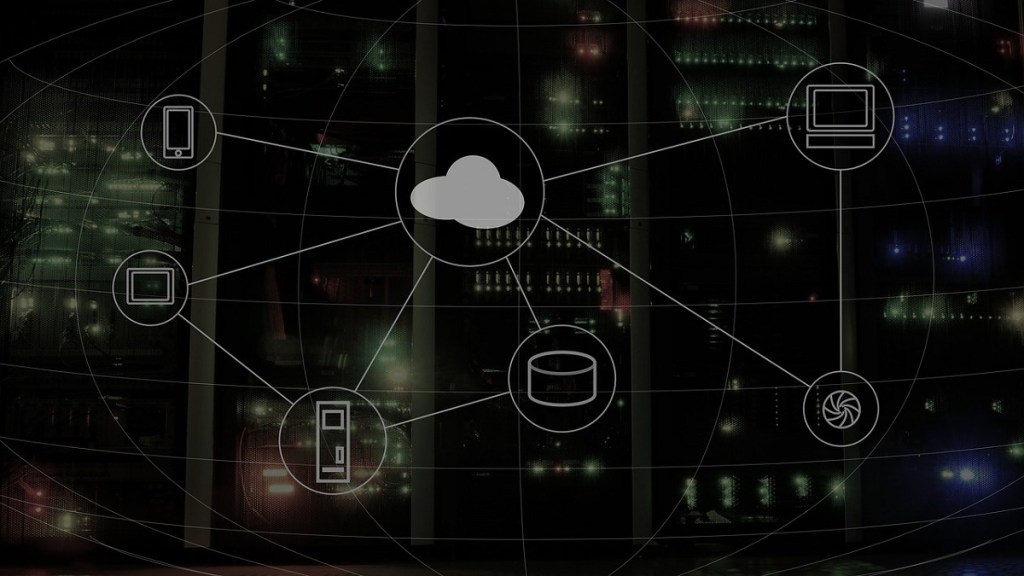Technology for MSMEs: While Covid pushed small businesses towards the adoption of cloud or software as a service (SaaS), most of the enterprises have clung to accounting or billing software in the name of SaaS usage. The digital transformation of small businesses, therefore, requires adoption that goes beyond digitising accounting to analysing and using relevant data to positively influence business operations and processes and help MSMEs become more competitive globally.
No wonder the digital spend by MSMEs will hence, add to the booming Indian SaaS market which according to a report by the financial services company Motilal Oswal is expected to grow from $2.6 billion in 2020 to $18 billion in 2025 and around $60 billion in 2030. So, along with the right digital tools, what should the SaaS ecosystem must look at to enhance cloud adoption among MSMEs? A panel of experts at the second edition of the ScaleUp Summit organised by Financial Express Digital last month tried to address the concern.
Affordability Factor
While SaaS helps businesses get immediate access to various solutions online to serve different business purposes instead of investing large amount upfront in building sophisticated custom solutions or buying enterprise software licenses on a per-seat basis, the key question is around the lack of affordability, particularly among micro enterprises. The adoption of SaaS in the micro community assumes importance as over 99 per cent of India’s MSME sector comprises micro units. This also means looking at micro enterprises separately from small or medium enterprises from a cost perspective.
“When we look at MSMEs and their relationship with SaaS, we need to keep the micro, small and medium separate because micro is a different breed altogether. Their expectations are too low in terms of price and too high in terms of utility. It is not about intent, but their pockets are not very deep to adopt SaaS,” said Amit Kumar, Founder and CEO of the advisory platform for small businesses MSMEx.
For instance, a micro enterprise with an average turnover of Rs 2-3 crore and a net profit of Rs 2-3 lakh, which is equivalent to the salary of a professional in the corporate world, certainly won’t be able to subscribe to a solution which is even of a few thousand rupees, explained Kumar.
Ease of Use
Use cases for SaaS have grown over time to address multiple business purposes such as collaboration management, human resource, big data for business intelligence, website builder, sales and marketing, customer service, IT security, appointment scheduling, and more. However, ease of use is another aspect to address to enhance SaaS adoption among small businesses, according to experts, given the low technology skill sets of MSMEs.
“When it comes to the digitisation of an enterprise, the maturity level is not there because the skill sets available, manpower and the organisation’s culture to adopt digital technology is low. So, it is a big question on designing a solution that is user-friendly for MSMEs, for example, making emailing as simple as a WhatsApp text or tax filing as simple as a UPI transaction while also having MSMEs work towards increasing the skill sets of their people,” said Shobhit Mathur, Partner, Business Consulting, EY India.
Echoing his thoughts, Kumar echoed, “in relatively large enterprises, SaaS users are the functional heads who understand the know-how of using a digital product. However, in a micro enterprise, the team is very small with limited exposure to technology. Hence, the expectation is that SaaS products should be cheaper and easy to handle.”
Demonstrating Value
To boost SaaS adoption among MSMEs, what’s also important for software companies is how fast can their solutions demonstrate value in the business to MSMEs. The faster it is, the better the chances are for the sale of a solution. If the solution cannot help improve a particular business segment in a shorter time, it doesn’t excite the entrepreneur.
“The question is about whether the solution will deliver value today or later. This creates resistance in entrepreneurs’ minds that whether the solution on which they have spent money will immediately solve their problem or sometime later. However, MSMEs need to understand that the real outcome of a solution adopted may take even a year,” noted Kumar.
The value of a SaaS solution to MSMEs can be divided into three stages of a digital journey — operational, relational, and transformational, according to Suryanarayan Iyer, Senior Director, India Applications Solution, Oracle. “First operationally, when an organisation grows from a small team to a large team, the need for process streamlining becomes extremely important. Since the cost and productivity paradigm becomes important, the need for digital technology for the processes and systems is felt,” said Iyer.
“Second is relational. While WhatsApp is the simple form of what we use for collaboration, but relationship building becomes important in scaling up. So how to use digital technology to do relationship building with employers, suppliers, customers etc., gets critical because that’s the scale you want to operate. And this is where the technology value comes in,” he added.
Then comes transformational value. Iyer said, “Given that you have started using digital technology, started growing organically and inorganically, the entire mindset paradigm to change radically with the underline policies and processes becomes extremely important. There are times when companies have to fundamentally change the way they look at their business model.”


